
KT&G is making steady progress toward its ambition to become a “global top-tier” tobacco company.
By Stefanie Rossel
Things are going well for KT&G: In its ambition to become a global top-tier tobacco company, South Korea’s leading cigarette manufacturer reports steady progress, having broken sales records every year for the past five years.
During an investor day on Jan. 26, 2023, CEO Baek Bok-in presented the company’s vision for 2027 and outlined growth strategies that focus on three core business areas: heated-tobacco products (HTPs), health functional food (HFF) and overseas business. Three days later, the company secured a long-term supply and distribution contract with Philip Morris International to commercialize KT&G’s Lil HTP outside of South Korea.
KT&G, which increased its sales from KRW5.23 trillion ($4.26 billion) in 2021 to KRW5.9 trillion in 2022, aims to generate KRW10.2 trillion in annual sales by 2027. More than half of the company’s sales are supposed to come from overseas by then, Baek said during the investor conference. In 2022, overseas sales accounted for around 33 percent of KT&G’s annual sales.
To achieve its goal, KT&G announced an investment of KRW4 trillion over the next five years. The company plans to establish a “virtuous cycle” by investing the earnings from its cigarette and other core businesses into new businesses.
Focus on Heated-Tobacco Products
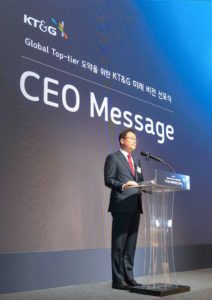
A top priority in KT&G’s strategy is the global expansion of its HTP segment. Of the company’s overall sales in the nicotine category, around 76 percent are currently generated by the cigarette division and 24 percent by the HTP business.
“Our revenue target for the HTP business by 2027 is KRW2.08 trillion, which is 138 percent growth compared to 2022’s estimated KRW0.87 trillion,” says KT&G Senior Executive Vice President Bang Kyung-man. “To reach the target, we will increase investments in R&D capabilities and production capacities to respond to the worldwide growing demand for HTPs.”
As Bang pointed out during the investor day, KT&G is considering Kazakhstan and eastern Europe as possible locations for a new factory. To raise the necessary capital, KT&G may sell some of its current financial assets, Bang said.
In its domestic market, KT&G dominated the category, with a share of 48.5 percent in the third quarter of 2022, according to The Korea Herald. South Korea’s highly competitive HTP category has been growing at a remarkable speed. In 2022, manufacturers sold 538.6 million packs of consumables, up 21.3 percent over the same period of the previous year, according to the ministry of strategy and finance.
To stay ahead of its rivals, KT&G has invested heavily in R&D over the past years.
Last November, the company introduced two new Lil models, Lil Aible and Lil Aible Premium, which deploy artificial intelligence to optimize the heating temperature, calculate the number of available puffs and measure the battery percentage. The premium version comes with an additional OLED touchscreen and a mobile app that among other things allows the user to receive calls and messages on his or her device. Shortly after the launch, PMI started selling its latest HTP model, IQOS Iluma, in South Korea.
Fruitful Cooperation
Outside South Korea, KT&G and PMI have successfully partnered for the past three years. In January 2020, they entered into an agreement that gives PMI exclusive access to KT&G’s smoke-free brands and innovation pipeline and provides KT&G with access to PMI’s global commercial infrastructure and experience in commercializing smoke-free products. As a result of the collaboration, Lil is currently present in 31 countries in Central America, Europe and Central Asia, with both market share and profitability continuing to grow significantly, according to Baek.
On Jan. 30, 2023, PMI and KT&G turned their agreement into a 15-year contract. To respond to evolving market conditions, the agreement calls for frequent performance evaluations. Both companies expect their commitments to increase over the duration of the agreement, starting with a commitment for the first three-year period equivalent to 16 billion consumables.
KT&G expects its HTP overseas sales and consumables volume to grow 20.6 percent and at a 24 compound annual growth rate for the next 15 years through the collaboration with PMI. Based on that assumption, JP Morgan anticipates KT&G’s combined domestic and overseas HTP sales to reach KRW5.8 trillion, which is almost equivalent of the current consolidated annual sales of KT&G group. Hanwha Investment & Securities, meanwhile expected the cumulative revenue from the 15 year contract to be KRW31.5 trillion.
While stepping up its efforts in next-generation products, KT&G will continue to focus on the conventional cigarette business. “For our overseas cigarette business, we aim to reach KRW3.8 trillion by 2027, which is 44 percent growth compared to 2022’s estimated KRW2.7 trillion,” said Bang. “We will increase the number of overseas subsidiaries and further implement the direct business model in the overseas market.”
KT&G currently has four tobacco manufacturing plants, one each in South Korea, Russia, Turkiye and Indonesia, with a combined annual production capacity of 13.6 billion cigarettes of overseas facilities, excluding Korea.
Exploring a Growth Market
For the HFF business, which is part of KT&G’s Korea Ginseng Corp. (KGC) subsidiary, the company has set a revenue target of KRW2.1 trillion for 2027, an increase of more than 58 percent over 2022. “We plan to support our subsidiary to expand its presence in the overseas market, especially the U.S. and China, by leveraging its strong competitiveness in the domestic market,” said Bang.
KGC aims to become a global nutrition solutions provider. HFFs are a growing market worldwide. Spherical Insights & Consulting values the global market for functional foods and drinks at $189.5 billion in 2021 and expects it to increase to $285.3 billion by 2030. Consumer demand for products with enhanced nutritional profiles, the consultancy said, has been spurred by changing lifestyles and rising affluence. In 2020, North America dominated the global functional food market owing to the prevalence of chronic diseases and increasing consumer knowledge of the benefits of functional foods.
In South Korea, sales of HFFs generated KRW3.1 trillion in 2020, according to the Ministry of Food and Drug Safety’s Food and Drug Statistical Yearbook for 2021. In addition, the country exported health functional food worth KRW226 billion. KGC is estimated to generate annual revenue of KRW1.4 trillion in 2022.
KT&G remains committed to KGC despite calls by Flashlight Capital Partners to spin off the subsidiary. The Singaporean activist fund noted that while many overseas funds are interested in the company’s ginseng business, they are currently unable to invest in it because of their environmental, social and corporate governance principles against tobacco.
In its annual meeting, however, KT&G said there was no plan to divest of its ginseng unit. “We will not decide on spinning off our ginseng business at this point,” Bang told Tobacco Reporter, adding that it is unclear whether the spinoff will enhance shareholder value in the long-term perspective.
Bang also disagreed with suggestions that KGC is undervalued, pointing out that research analysts are applying higher EV/EBITA multiples to KGC than they are to its peers. “Also, KGC has been benefiting from synergies with KT&G Corp. as it has been leveraging KT&G’s overseas business network and infrastructure,” Bang said.


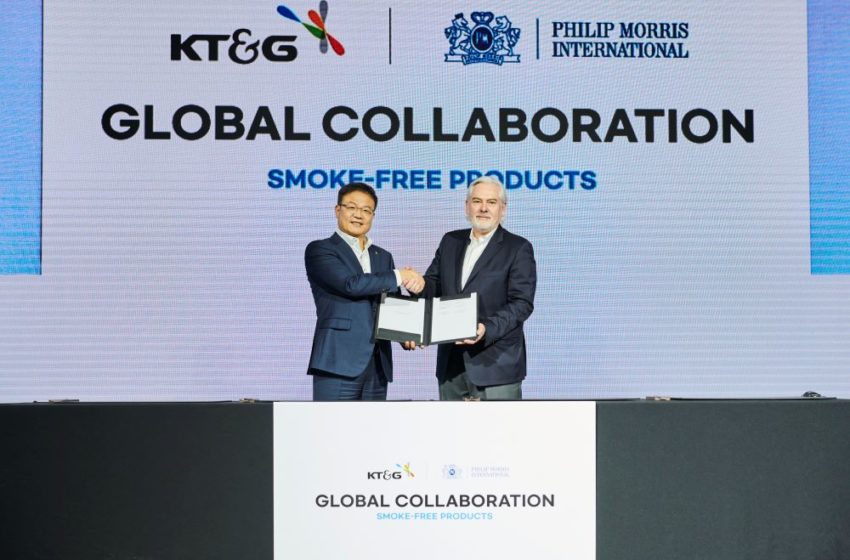
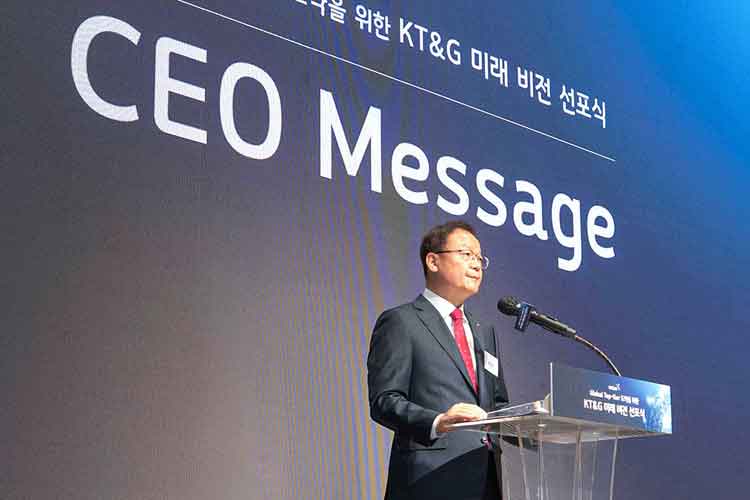



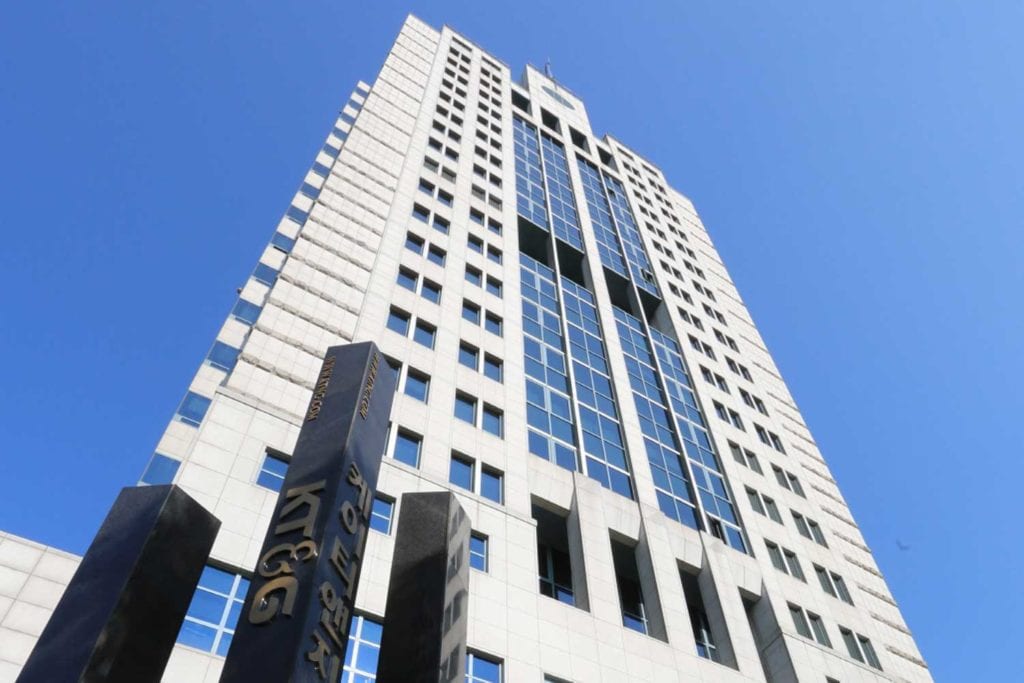
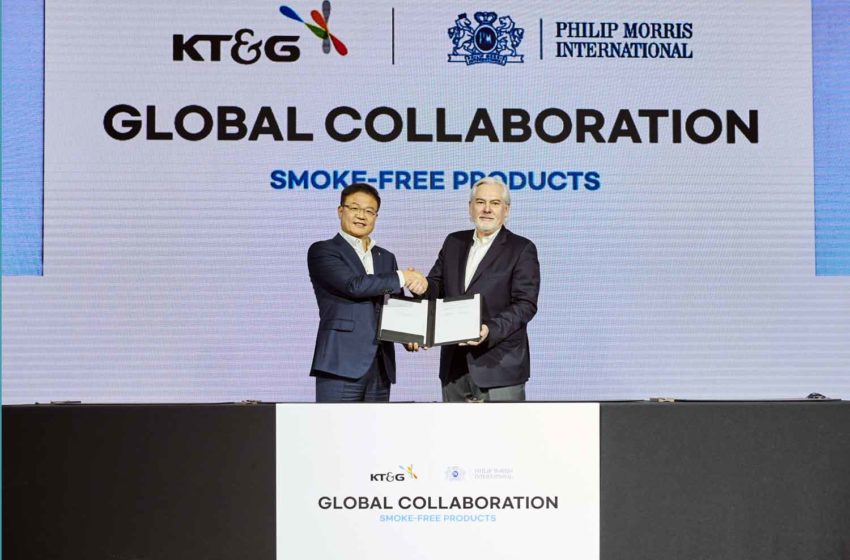
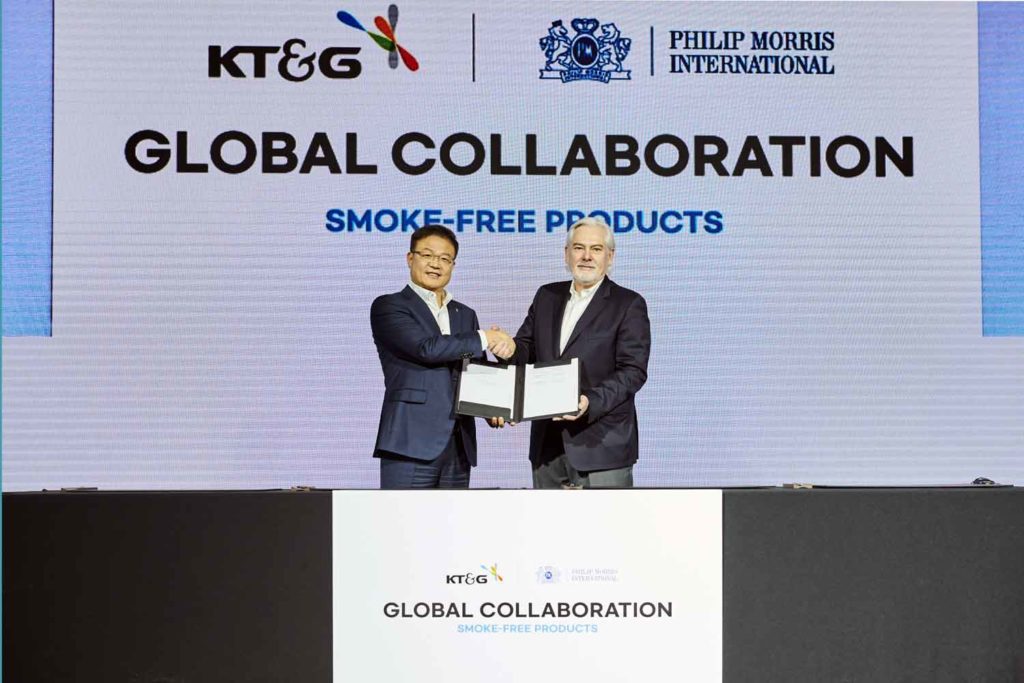

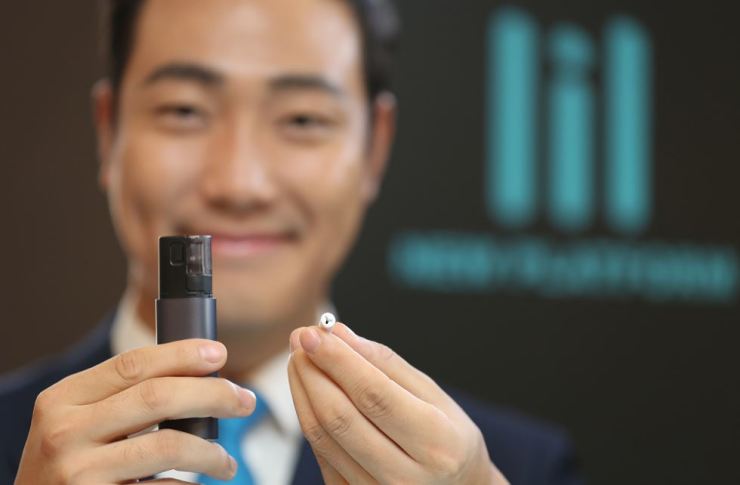
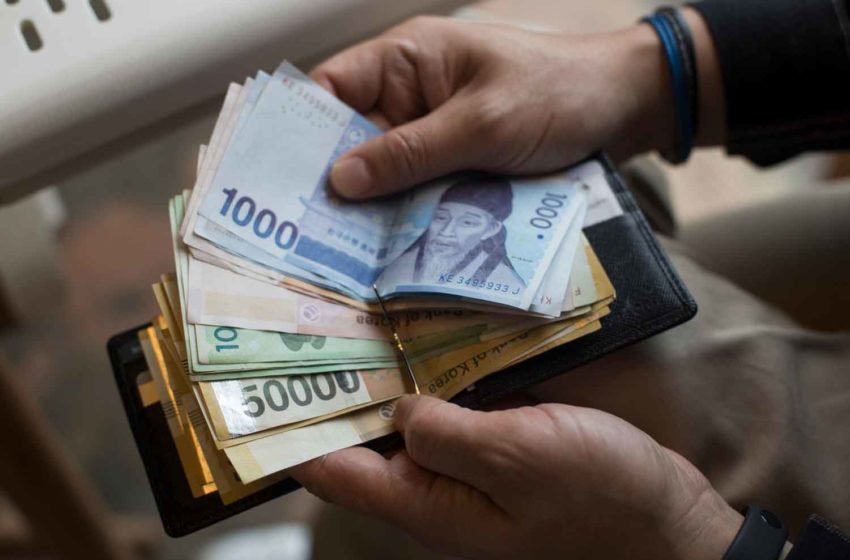
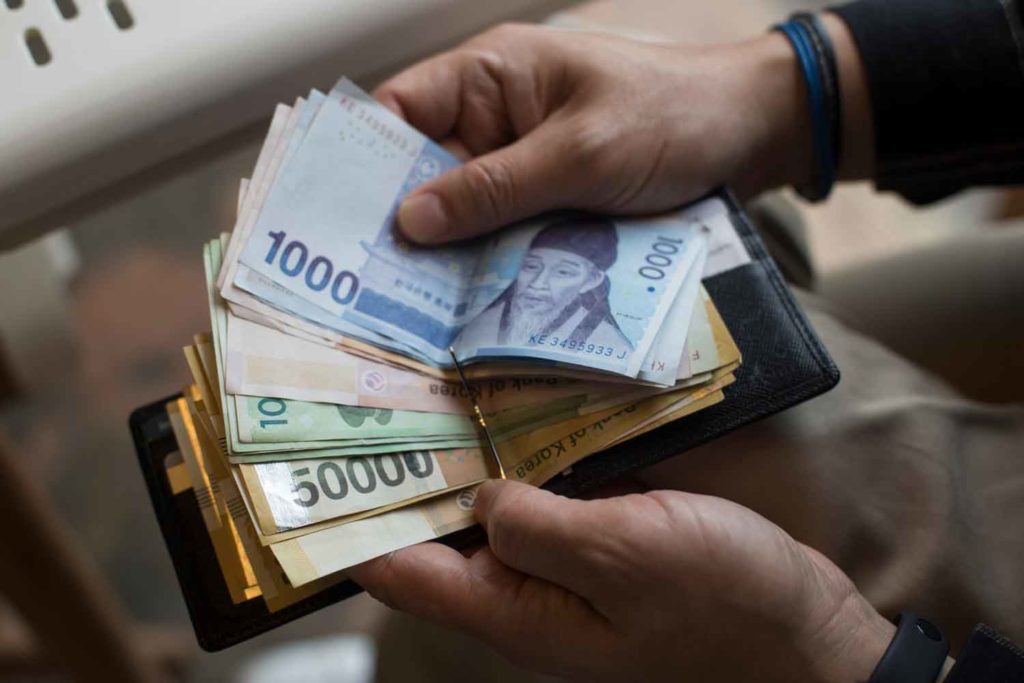
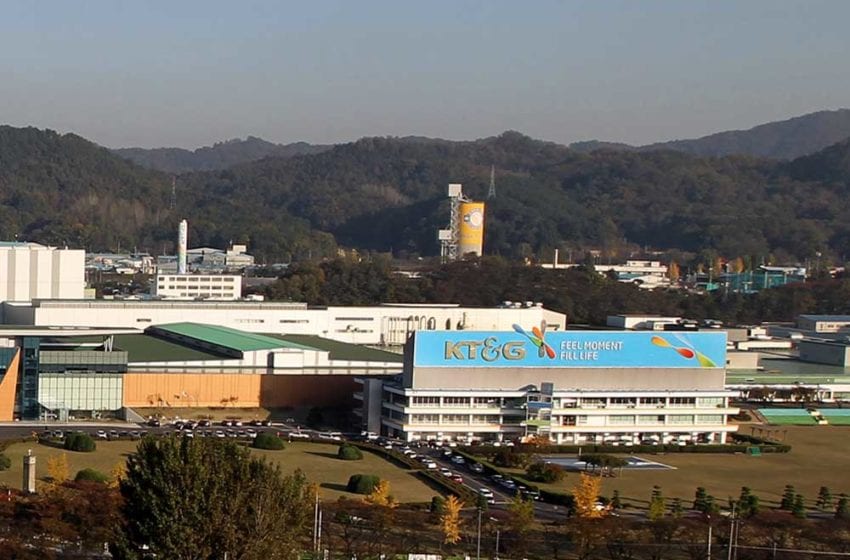
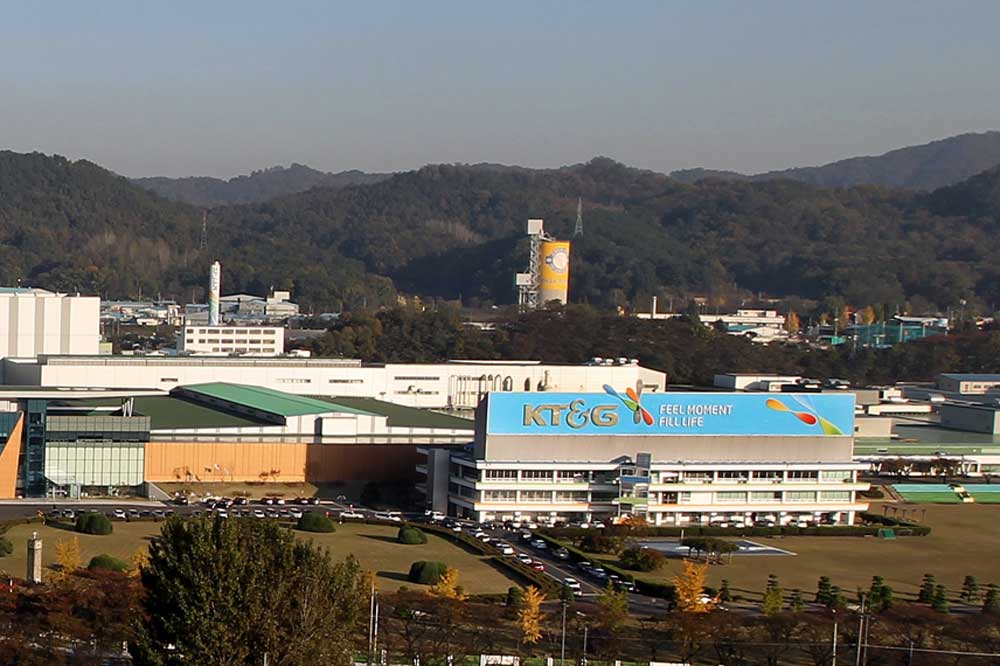
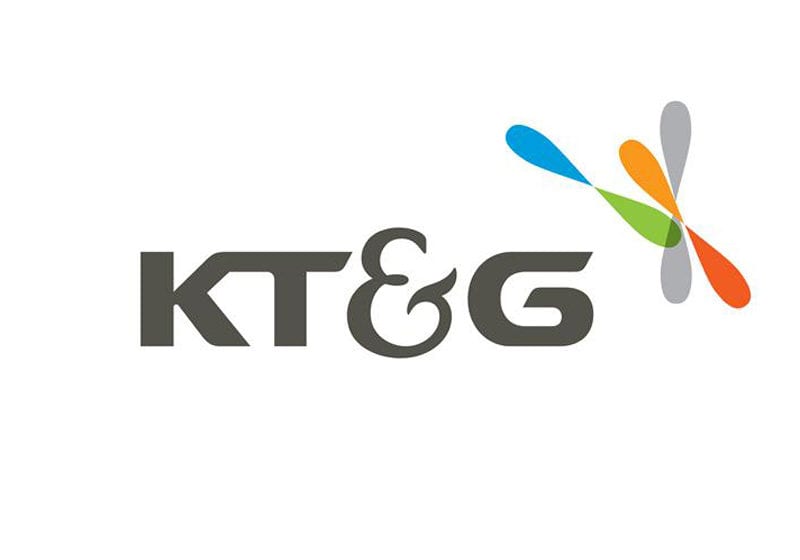
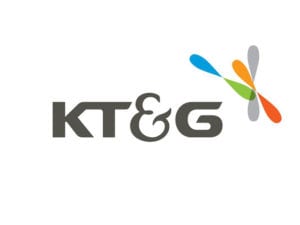 KT&G and Mirae Asset Financial Group have created the New Growth Investment Partnership No. 1 to identify and develop new business areas.
KT&G and Mirae Asset Financial Group have created the New Growth Investment Partnership No. 1 to identify and develop new business areas.